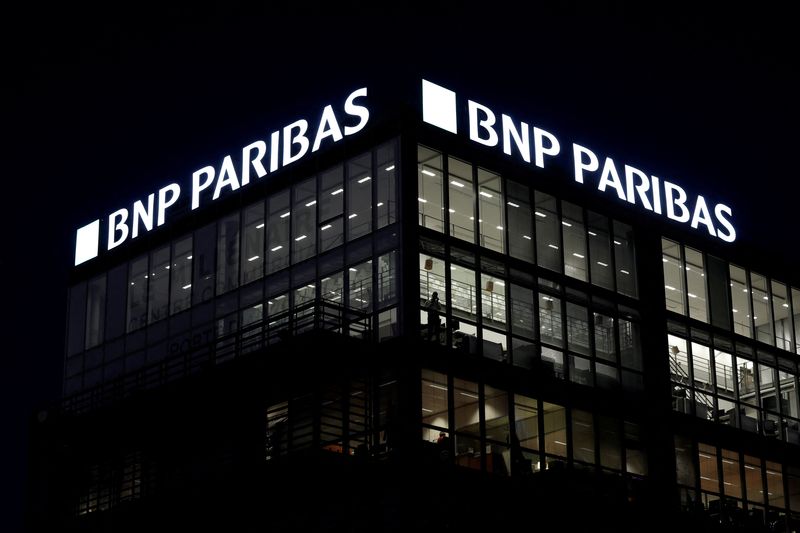By Davide Barbuscia
NEW YORK (Reuters) - Global investors will ramp up allocations to distressed credit hedge funds next year, expecting opportunities to buy companies’ debt on the cheap as tighter monetary policy from the Federal Reserve and other central banks weighs on growth, according to a BNP Paribas (OTC:BNPQY) survey.
Allocations to hedge funds focused on U.S. corporate debt are expected to increase by 35% over the next 12 months compared with year-to-date allocations, and by 29% for those focused on European credit, the survey showed. Emerging markets credit allocations are seen trailing behind, increasing by 5%, against a 7% reduction in exposure this year.
Half of the surveyed investors plan to put more money into distressed credit hedge funds - essentially to buy the debt of financially troubled companies that offer attractive returns because of their higher risk of insolvency.
"Allocators we speak to expect there's going to be weakness and that it's probably going to persist in markets over the next short- and medium-term," Marlin Naidoo, global head of capital introduction at BNP Paribas, told Reuters.
"They're trying to find the best managers who can navigate those opportunities given the backdrop right now of rising rates and increased volatility, and typically hedge funds have generally done a good job there."
Global central banks have been hiking rates at breakneck speed this year to fight decades-high inflation, led by the U.S. Federal Reserve, which so far has increased rates by 375 basis points and plans to tighten financial conditions further.
Companies that have raised cheap debt in the past 15 years now face higher borrowing costs, which could lead to more bankruptcies next year.
The survey was based on data from 90 investors that collectively invest in or advise on $380 billion in hedge fund assets. They include intermediaries such as funds of funds, as well as private investors and institutional investors.
A majority of the fresh capital that will be allocated to credit would come from cash and equities, said Naidoo.
"Public equities has been a painful place for investors, particularly growth equities, and looking at public equities and then shifting into distressed debt could be an interesting case," he said.

Allocations are also set to increase for event-driven credit hedge funds, with 23% of the BNP survey participants looking to ramp up bets on "special situations" such as bankruptcy or restructuring, as companies fight the economic downturn. That's up from 10% so far this year.
"Many middle-market businesses are struggling with supply chain issues, reduced demand, rising factor prices and labour supply," said the survey report. "Combined with a rising rates environment, these firms may need to find new capital sources seeking special situation investors or become insolvent."